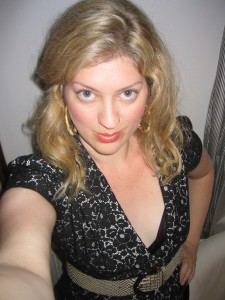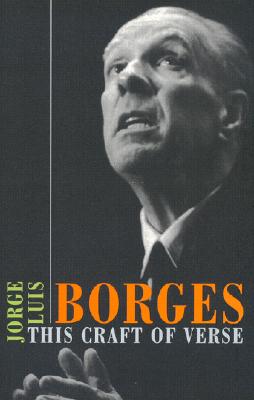A Valentine: Books We Loved in 2009
by Anne Stameshkin
Every book we feature on Fiction Writers Review has won the admiration of our reviewers. But because it’s a new year, and it’s award season, and today is the official holiday of love, we asked our contributors to tell us which books of 2009 they most adored, cherished, and crushed on. What we received often transcended mere lists; writers shared why these certain books affected them, woke them up, even made them jealous. So in addition to the “favorites” that received the most votes, we’ve also included some of these endorsements and mini-reviews. Most selections are arranged by genre (Novel, Story Collection, etc.), and then there are less conventional categories–like Book You Loved But Would Be Embarrassed to Be Caught Reading.



























